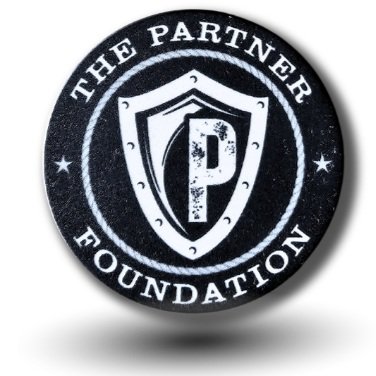
Providing Area Resources to National Emergency Responders
P.A.R.T.N.E.R.
Welcome to the partner foundation
A 501c3 nonprofit dedicated to supporting first responders and their families in the wake of critical incidents, connecting them with local and national resources that benefit them in a variety of ways.
UNVEILING THE REALITY
Post-Traumatic Stress Statistics Among First Responders in the U.S.
According to research conducted by the Substance Abuse and Mental Health Services Administration (SAMHSA), about 30% of first responders develop behavioral health conditions, including PTSD, compared to about 20% in the general population.PTSD Rates
PTS among first responders is often associated with higher rates of substance abuse as a coping mechanism. This can further complicate treatment and recovery efforts.Substance Abuse
There has been concern about elevated suicide rates among first responders, with PTSD being a contributing factor. An article by EMS.gov found that firefighters and police officers are more likely to die by suicide than in the line of duty. Suicide Rates
First responders are regularly exposed to traumatic events as part of their job duties, which can contribute to the development of PTS. These events may include accidents, natural disasters, violent crimes, critical incidents and medical emergencies.Work-related Trauma
Despite the high prevalence of PTSD among first responders, there are significant barriers to seeking and receiving treatment. These barriers may include stigma, concerns about career repercussions, and a lack of understanding about mental health issues.Barriers to Treatment
PTS not only affects the first responders themselves but also their families and loved ones. The strain of untreated PTS can lead to relationship difficulties, family conflict, and a decreased quality of life for all involved.Impact on Families
First responders are regularly exposed to life-threatening situations, traumatic events, and high-stress environments. Studies reveal that they are at a heightened risk for conditions like Post-Traumatic Stress, depression, and anxiety.We believe in the power of community and supporting those who protect and serve. Join us in our mission to support them back. Help us make a difference in the lives of all emergency first responders and their families.
Get involved! Help us with volunteering, donating or providing your business or non-profit services to benefit first responders and their families in the wake of critical incidents.
Service to COMmunity
“CHIP IN”
Would you like to personally thank a first responders for their commitment and have a chance at winning great prizes along the way? Show your love and support by participating in our Chip-in Program and Pay-It-Forward today!

Empowering Those Who Serve and Protect.
Join us in showing gratitude and support for our heroes by donating and helping us continue our mission of serving those who serve others.


